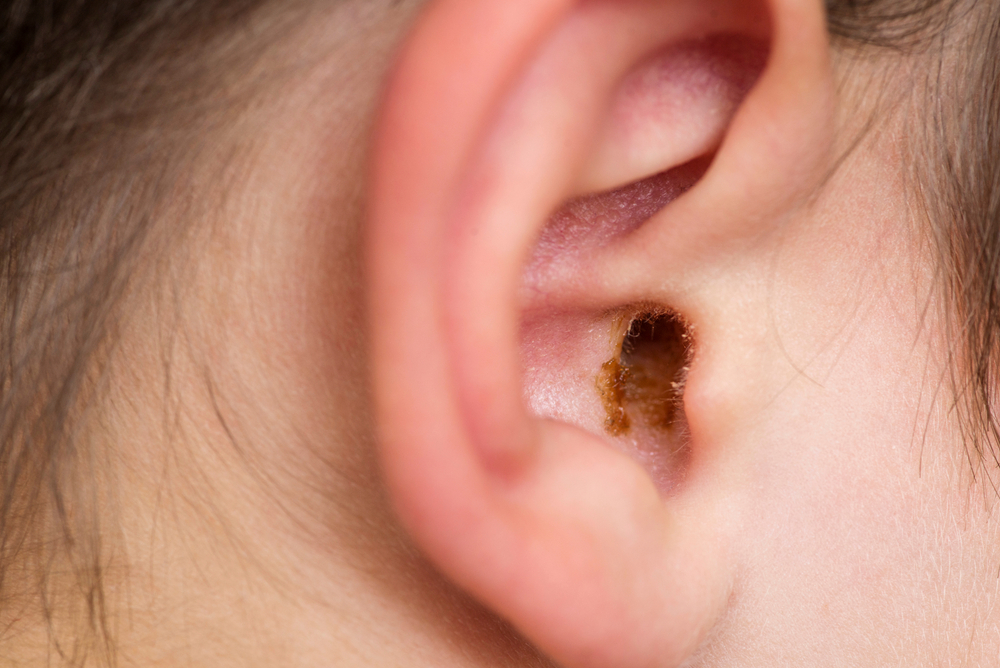
It’s likely that earwax and its buildup haven’t been subjects of significant consideration for you, except maybe during ear hygiene sessions. Nonetheless, comprehending what causes earwax, how it forms, and its purpose is crucial.
So why does earwax accumulate?
Earwax, also technically called cerumen, is made up of a combination of sweat, skin particles, hair, debris, and ceruminous gland secretions. Earwax will show up as a waxy substance that will typically be yellow, orange, brown, or even grey.
In most circumstances, kids tend to produce more earwax than adults. Moreover, adult earwax is usually darker and denser compared to that of children.
Earwax passes the outer ear canal leisurely, ultimately reaching the ear opening, where it either self-expels or gets washed away during bathing.
Why do we need earwax?
Earwax serves several critical functions, such as:
- Protecting and lubricating the skin lining the ear canal, thereby preventing dryness and itchiness.
- Helping counter ear infections.
- Before things like dust, dirt, or other outside debris go further up into the ear canal, earwax acts as a barrier.
Obstructions caused by earwax
Impacted earwax is a common issue, but it’s usually the only time you need to be concerned about it. Impacted earwax can be the result of narrow or abnormally shaped ear canals impeding the normal movement of earwax toward the ear’s opening.
Wax can be accidentally crammed up into the ear canal by utilizing improper cleaning practices like using cotton swabs.
People grappling with hearing loss who utilize earplugs or hearing aids are also predisposed to experiencing ear canal obstructions.
How too much earwax can affect hearing
The presence of earwax blockages might yield slight discomfort and dampen auditory health.
Ringing in the ears, or tinnitus, could also occur.
Acoustic trauma might result in long-term hearing impairment, perforated eardrums, and long-term hearing loss if earwax obstructions go ignored.
How do you tackle impacted wax?
It’s essential that you contact us as soon as possible if you think your ears may be blocked by earwax. Depending on the severity of the obstruction, you might be advised to utilize over-the-counter wax softening drops or a bulb syringe for gentle irrigation to relieve the condition.
Give us a call right away if you need some help with an earwax blockage.